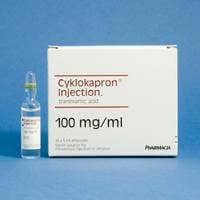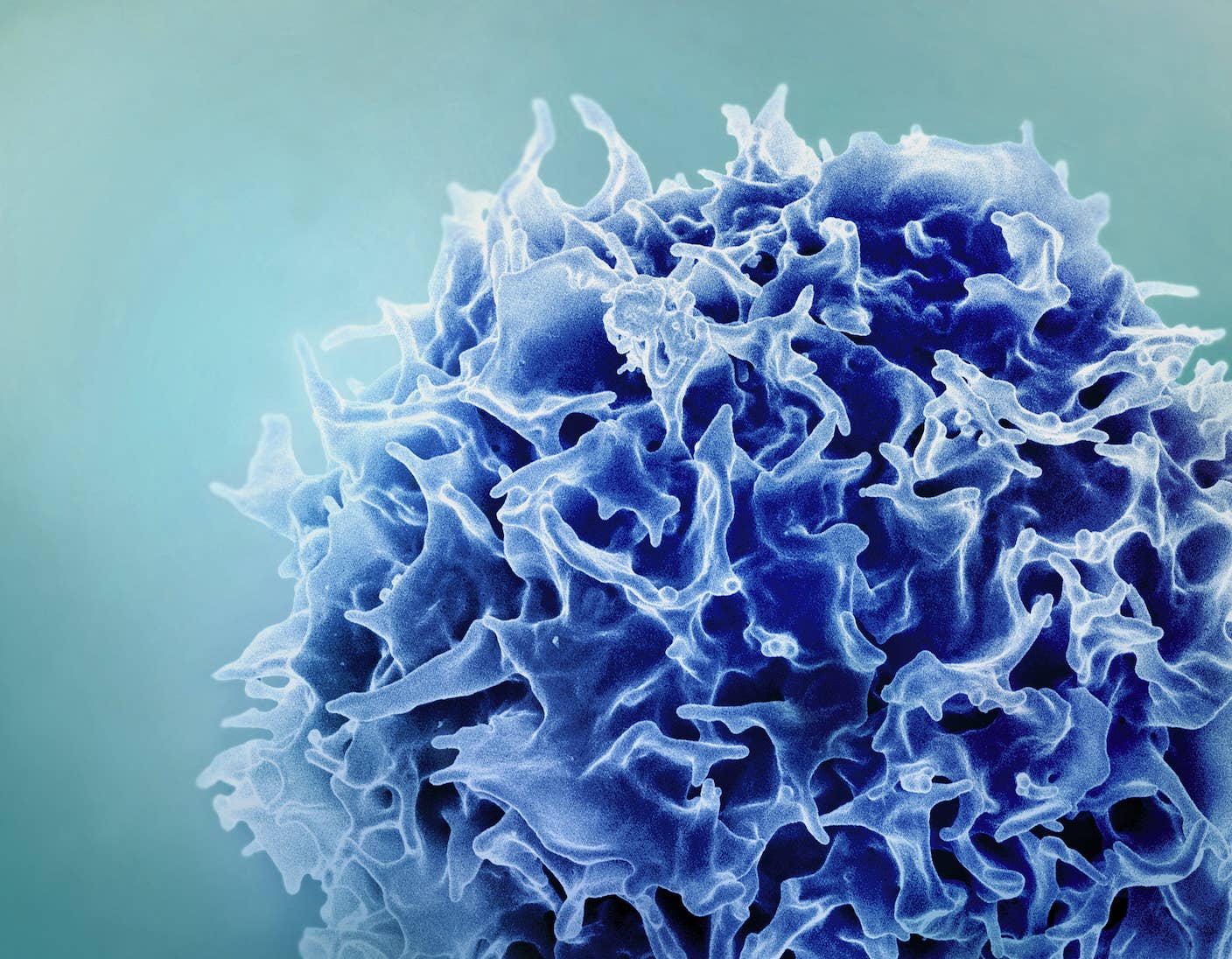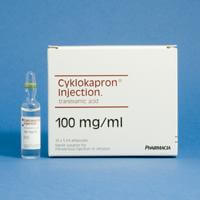The Cheap Generic Drug That Could Save 100,000 Lives A Year World Wide

Share
Researchers in London, UK and Lima, Peru have determined that a widely available and cheap generic drug may be the key to saving trauma victims all over the world. Tranexamic Acid (TXA) prevents the break down of blood clots, and could be used to prevent death from bleeding and other causes. The study, known as the CRASH2 Trial, was recently reported in The Lancet. It tracked more than 20,000 people in over 40 countries as they were admitted to hospitals for trauma. TXA reduced the rate of death by about one sixth. Authors of the study want to place the drug on the World Health Organization's list of essential medicines, saying it could save up to 100,000 lives each year if were used more widely.
We often see advanced life saving technologies, but too often they are either expensive or unavailable to the general public. TXA is not really an advanced technology. It's been around for years and has been studied extensively. Yet it may have the potential to quickly, easily, and cheaply save lives. Guess that proves it doesn't have to be nanotechnology to be a great idea.
Did we mention it would be cheap? TXA is an off-patent generic drug which is typically used in developed countries during surgery to stem bleeding. Reuters reports a one gram dose at a price of around $4.50 (with 2 grams needed for the treatment in the study). Internet searches reveal even cheaper prices (sometimes under brand name Cyklokapron). Regardless of the exact costs, TXA treatments to trauma victims would be relatively inexpensive to provide to hospitals all over the world.
CRASH2's assertion of 100,000 possible lives saved is based on a simple calculation: roughly 600,000 patients bleed to death each year and TXA reduces all trauma related death by about one-sixth. Simple enough. According to Reuters, these saved lives would correspond to about 13,000 in India, 12,000 in China, more than 2000 in the US and more in the EU. Those killed in car accidents and violent encounters are disproportionately young and male, and are often responsible as primary wage earners for households. Saving even just a sixth of these individuals would have larger positive impacts on their communities.
Of the more than twenty thousand patients in the study, half were given placebo and half TXA. Neither patients nor doctors in the 40+ hospitals were informed who received the drug. Upon diagnosis of trauma, a patient was given 1 gram (placebo or TXA) in solution followed by a 1 gram drip over eight hours. (These doses were determined after the authors reviewed more than 53 independent studies of the drug involving thousands of previous patients.) TXA dosing showed a strong effect: overall death was reduced from 16.0% to 14.5% and bleeding death was reduced from 5.7% to 4.9%. That's strong evidence that the drug positively impacts trauma treatments.
Be Part of the Future
Sign up to receive top stories about groundbreaking technologies and visionary thinkers from SingularityHub.


The CRASH2 trial is significant for its size more than its exact understanding of the mechanisms for how TXA reduces death. We know the drug helps blood maintain clots, and it clearly helps with trauma, but beyond that... Are clots simply preventing exsanguination or is there a more complex interplay of effects? The optimal timing and dosing levels are also still unknown. Because death was the only tracked outcome, it's not clear if TXA dosing represents a significant risk for non-fatal negative side effects. In theory these could include blood clot related injuries like stroke and heart attack. The authors have called for further study into dosing levels, effect of TXA on head injuries, and the effect of TXA on post-partum bleeding (which has been studied, but not extensively).
Despite its limitations is seems obvious that the CRASH2 Trial has found a reliable, effective, and cheap way to reduce trauma deaths all over the world. Implementing the wide spread adoption of TXA in trauma treatments would have a disproportional positive effect in developing nations. The authors of the study seem very justified in calling for the WHO to add it to their list of essential medicines. Moving forward it's likely that scientists will continue to find new applications for older prescription medications, recommending ways they can save lives and improve health. These measures, helping prevent the death of thousands at a time, will eventually add up, increasing the average human lifespan.
We've seen several groups interested in extending longevity, but accidental death and trauma can put an end to even the most health-focused among us. Along with ventures into suspended animation, TXA could serve as a means of reducing the risks of death from unexpected injuries. Giving us all more of a chance to live forever. All that potential and it's something we've had for years. Awesome.
[image credit: EMC Medicine Guide]
[sources: Lancet, CRASH2 Trial, Reuters]
Related Articles

Single Injection Transforms the Immune System Into a Cancer-Killing Machine

This Light-Powered AI Chip Is 100x Faster Than a Top Nvidia GPU

This Week’s Awesome Tech Stories From Around the Web (Through December 20)
What we’re reading
